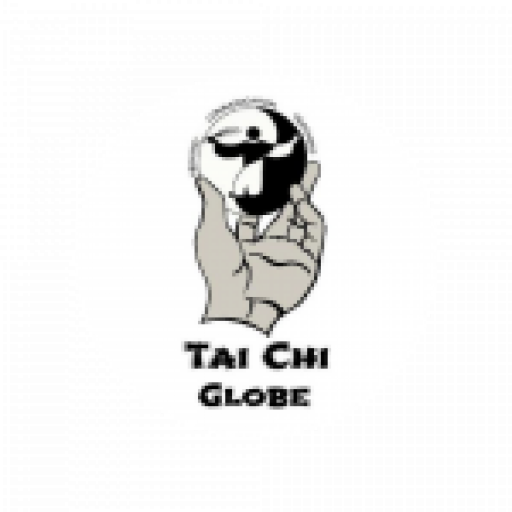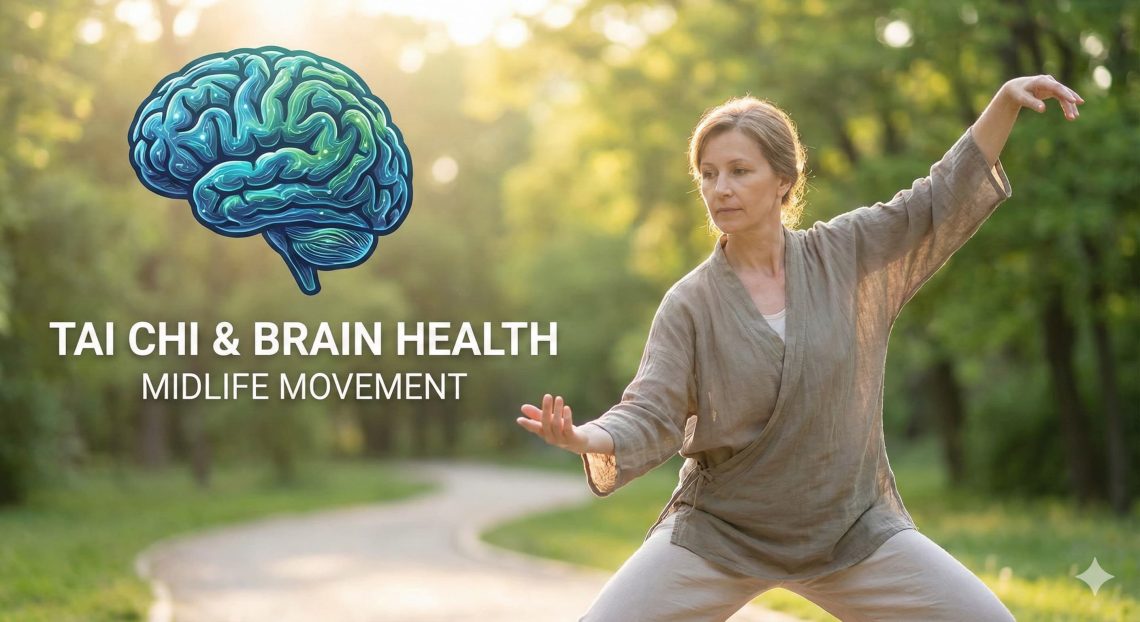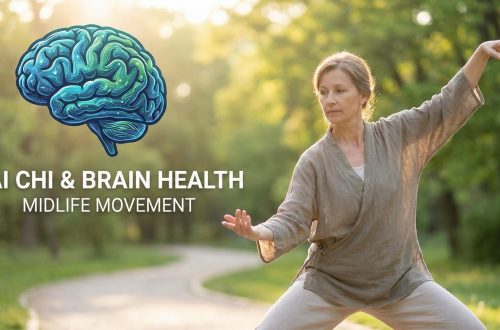-
Chen Style Tai Chi: The Powerful Origin of All Tai Chi
Chen Style is where it all began. As the oldest form of Tai Chi, it carries the martial roots and explosive energy that later styles softened and adapted. If you’ve ever wondered what Tai Chi looked like before it became the slow, graceful practice most people recognise today, Chen Style offers a fascinating window into the art’s original character. The Origins of Chen Style The story of Chen Style Tai Chi begins in Chen Village (Chenjiagou) in Henan Province, China, during the 17th century. The style is attributed to Chen Wangting, a retired military officer who synthesised his martial arts knowledge with principles from Traditional Chinese Medicine, Taoist philosophy, and…
-
Move Your Body, Nourish Your Mind: Why Midlife Movement Matters for Brain Health
How ancient practices align with modern science on protecting your cognitive future New research from Boston University has delivered a powerful message about the relationship between movement and mental clarity—one that practitioners of Tai Chi and Qigong have understood intuitively for centuries. The study, published in JAMA Network Open and tracking over 4,300 people across decades, found that regular physical activity in middle age and beyond can reduce the risk of Alzheimer’s and other dementias by up to 45%. That’s a remarkable figure, and it raises an important question: what kind of movement serves us best as we navigate the second half of life? The Middle Way of Movement Here’s…
- Health and Wellbeing, Qigong Practices and Systems, Tai Chi and Qigong Philosophy, Traditional Chinese Medicine (TCM)
Discover the Proven Benefits of TCM for Liver Health: Unlock Transformative Healing Insights
Benefits of TCM for Liver Health: Unlock Powerful Holistic Healing Insights Discover Holistic Practices for a Healthier, Balanced You Exploring Holistic Liver Health Through the Lens of TCM Discover Holistic Practices for a Healthier, Balanced You Exploring Holistic Liver Health Through the Lens of TCM. Welcome to an exploration of the liver through the lens of Traditional Chinese Medicine (TCM), uncovering the benefits of TCM for liver health and holistic well-being. In TCM, the liver is closely associated with the spring season, a time of renewal and growth. Spring is considered the ideal time to support and nurture your liver’s health, aligning with the Wood element’s energy. This article explores…
-
Chinese New Year: A 15-Day Celebration of Tradition, Family, and Renewal
Chinese New Year, also known as the Spring Festival, is one of the most important celebrations in Chinese culture. It marks the beginning of the lunar new year and is observed with great enthusiasm across China and many other parts of the world. The festival lasts 15 days, each with unique traditions, symbolic meanings, and joyful gatherings. Today, we celebrate a special day within the festivities—the 7th day of Chinese New Year, known as “Renri” or “the common man’s birthday,” when everyone grows one year older together! Chinese New Year: A Celebration of Family and Tradition Chinese New Year is based on the lunar calendar, meaning its date varies each…
-
Reclaim Your Vitality: The Life-Changing Power of Tai Chi to Beat Cancer Fatigue
Are you looking for a way to beat cancer fatigue and restore your energy? Tai Chi and Qigong might be the answer for those experiencing cancer fatigue. Unlock the Secret to Beating Cancer Fatigue: The Healing Power of Tai Chi and Qigong Cancer is a life-altering diagnosis, but it doesn’t have to dictate your life forever. If you’re searching for a natural, gentle way to reclaim your energy, improve your sleep, and enhance your overall quality of life, look no further. The ancient mind-body practices of Tai Chi and Qigong are gaining recognition as powerful allies in the journey to recovery—and the science is catching up. Here’s the truth: fatigue,…
-
Smiling Science in Tai Chi: Unlocking the Power of a Simple Smile for Mind and Body
We all know that smiling is a simple, universal gesture, but did you know it can actually transform your wellbeing—both mentally and physically? Science shows that the act of smiling has profound effects on our brain, body, and even our social interactions. When combined with the mindful movements of Tai Chi and Qigong, smiling can become a powerful tool to enhance your practice and elevate your overall health. The Science Behind Smiling Smiling is more than just an expression of happiness. It’s a biological trigger that activates numerous chemical reactions in the brain, influencing everything from mood to physical health. Research confirms Charles Darwin’s facial feedback hypothesis, which suggests that…
-
Feeling the Flow: Understanding Qi Sensitivity in Energy Practices
Exploring the Dynamics of Energy Awareness in Traditional Practices Qi, the vital life force central to traditional Chinese medicine and martial arts, remains a fascinating concept, particularly concerning personal sensitivity to its presence and movements within the body. Why do some individuals readily feel and manipulate this energy while others seem unaware of its nuances? The answer lies in physical, mental, and cultural factors influencing our ability to perceive qi. Here’s a deeper exploration of why qi sensitivity varies among individuals and how one can enhance this subtle awareness. 1. Training and Practice The cornerstone of developing qi sensitivity is a regular and disciplined practice in energy-focused disciplines like Tai…
-
Embrace Focus and Reflection on Blah Blah Blah Day— 17th April 2024
Deepen Your Practice and Engagement: Celebrating Mindfulness and Action Often in our practice and daily lives, we encounter the metaphorical “blah, blah, blah”—those moments where our focus drifts and we merely go through the motions. On Blah Blah Blah Day, we challenge you to re-engage deeply with your Tai Chi and Qigong practice, turning passive listening into active participation and mindfulness. Understanding Blah Blah Blah Day Derived from ancient expressions of dismissal, Blah Blah Blah Day is now a call to action to listen actively and respond thoughtfully. Initiated by Wellcat Holidays in 2006, this day invites us to revitalise forgotten resolutions and tackle neglected tasks, both in our personal…
-
Celebrating Chinese New Year: Embracing the Year of the Wood Dragon 🐉🌳
As we step into the vibrant festivities of the Chinese New Year, we celebrate the transition from one zodiac animal to the next and the profound influence of the elements that shape the year’s character. This year, we welcome the auspicious Year of the Wood Dragon, which promises growth, creativity, and prosperity. The festival, commencing on 10 February 2024, is a 15-day celebration that intertwines tradition, family values, and the hopes for a flourishing future. The Significance of the Wood Dragon 🌿 In the Chinese zodiac, the Dragon symbolizes strength, luck, and wisdom. When combined with the Wood element, which signifies growth, flexibility, and vitality, the Year of the Wood…
-
The Benefits of Practicing Tai Chi and Qigong
"In today's fast-paced world, finding ways to reduce stress and improve overall well-being has become increasingly important. One way to achieve this is through the practice of ancient Chinese exercises known as Tai Chi and Qigong. These practices have been around for centuries and offer a wide range of physical, mental, and emotional benefits. In this blog post, we will explore some of the key advantages of incorporating Tai Chi and Qigong into your daily routine."












